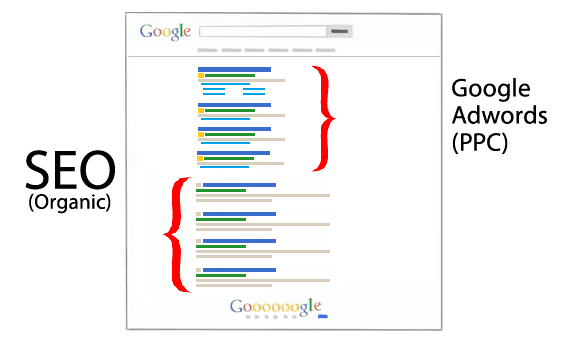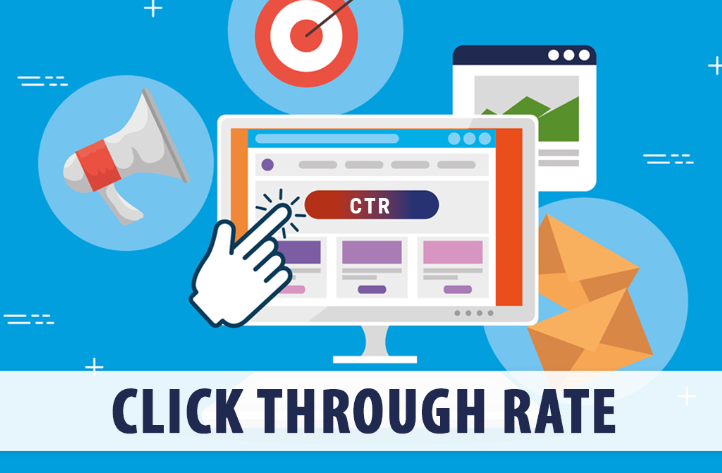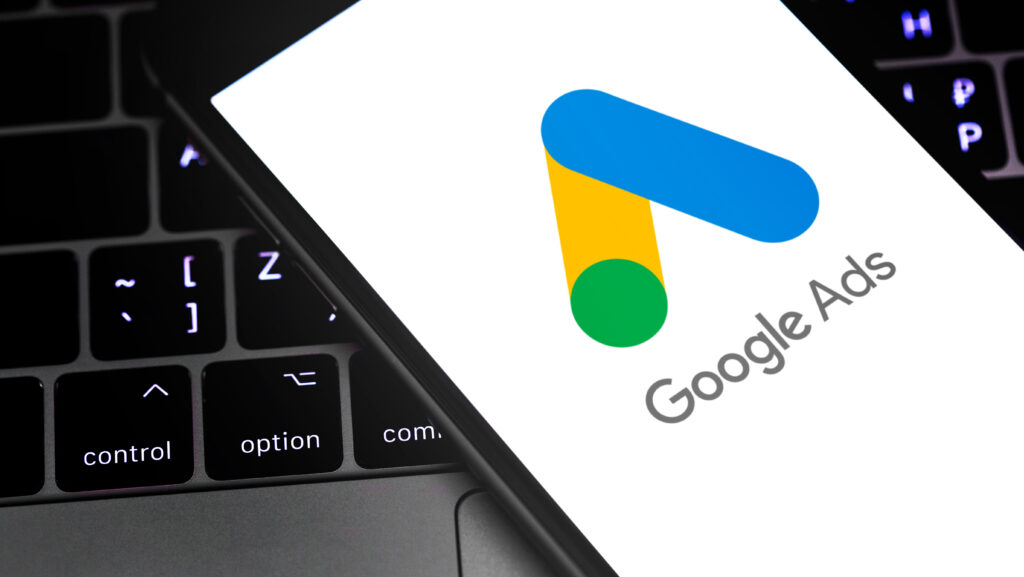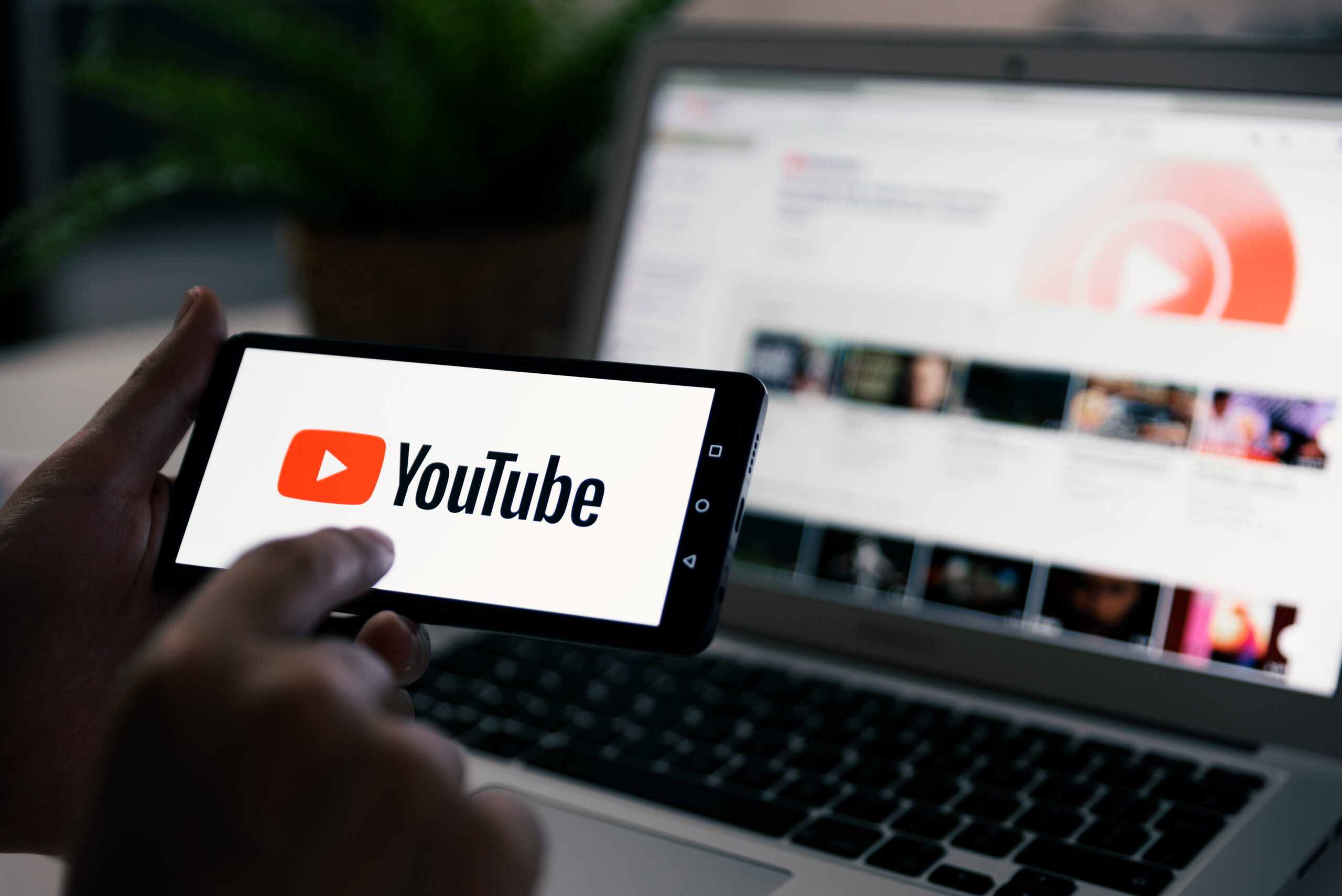Google Ads contribute to search engine optimization (SEO)
Since Google became the dominating player in the search engine business, every marketer has been wondering whether or not Google Ads contribute to search engine optimization (SEO).
This question, which has been the subject of heated debate for quite some time, has been around for quite some time, with various marketers giving proof as to why they are correct. Who, if anyone, has the correct response?
Is there an effect of Google Ads on rankings that aren’t based on pay-per-click advertising, or is this just another SEO myth that won’t die?
By the end of this essay, you will have a thorough understanding of the numerous arguments, as well as who is ultimately correct. But, before we get into whether Google Ads improves rankings, let’s take a look at the growth of PPC ads and how the question does Google Ads affect SEO?
Google Advertisements Are Growing. Google AdWords was Google Ads’ predecessor. The screenshot below, when examined in its entirety, indicates that there is not a single advertising visible.
Google’s original search engine. As a result, Google was primarily scanning for on-page content and backlinks, allowing advertisers to compete on a relatively even playing field. When Google AdWords was introduced, the entire landscape changed.

Website designs in Calgary that were unable to achieve a spot on the first page of search results naturally, despite their best efforts, now have the opportunity to pay for that placement.
Marketers began to question Google’s morals as soon as this became public. What are the ramifications of nonpayment by businesses and websites?
Are they not treated the same as other firms that pay taxes? And with that, ladies and gentlemen, we arrive at the source of the rumour.
Despite the fact that Google adverts have been around for nearly 20 years, some people still assume that paying for advertisements can influence results that aren’t determined by pay-per-click.
The basic concept to grasp is that the question of SEO against Google Ads, like the issue of paid versus organic in general, is one of time versus cost. Although search engine optimization (SEO) is the most cost-effective technique (and in certain situations, it is absolutely free), you won’t see any major returns for months, if not years. Google Ads, on the other hand, almost surely guarantees instantaneous results, providing you have the money resources.
However, if you do not handle it properly, PPC advertising might wind up costing you a lot of money. Conduct keyword research and examination of target keywords.
Backlinks
Following that, you may choose which keywords to target using the following criteria:
The monthly search volume is a popular indicator for determining whether a keyword is relevant for the audience being targeted.
The term you use should be relevant to your business.
We may evaluate how relevant our goal keyword is to our target audience by placing PPC ads, as well as how high the conversion rate and click-through rate are, and how competitive the target keyword is for example, a higher CPC implies that the keyword is more competitive.
Backlinks can be generated by clicking on advertising. Backlinks remain one of the most important ranking factors in SEO, and it is widely accepted that link building is today more complex than it has ever been.
However, if someone clicks on one of your sponsored PPC advertising and then visits your website, there is a chance they will link to it or share it on one of the various social networking platforms.
It also works in reverse:
if someone gets an organic result on the SERP after searching for specific keywords, and then sees an ad from the same company, they are more likely to click on the ad.

This is because people correlate the organic result with the search terms. When a searcher sees an advertisement next to a natural result, they receive the sense that the brand is trustworthy and dependable; as a result, they are more inclined to click on the result, even if they would not have done so otherwise.
Also, even if the user does not click on your ad or link to your content, they may still click on your organic result, providing you with valuable organic traffic, which we will discuss further in the next paragraphs.
It allows businesses to run advertising on Google search results pages based on relevant and valuable keywords. To put it another way, Google is compensated by web businesses for doing specific tasks.
The number of clicks on an advertisement is one indicator that marketers use to determine its success. Other pay-per-click systems utilize this metric as well. The cost per click, on the other hand, varies according to a procedure called as keyword bidding.
Furthermore, the chance of an advertisement appearing on a user’s screen is dependent on a number of circumstances, including the following: The advertisement’s quality, The user’s experience, Strategies for linking, The price of the bids.
Advertisement Click-Through Rates
Timely placement of the advertisement. Paid Google Ads stand out from typical search results because they appear in “banks” at the top and bottom of the page rather than distributed throughout the results.
If you own a small business that cannot continually change its website to reflect seasonal products, deals, or promotions, having this flexibility can be advantageous. Advertisement Click-Through Rates (CTRs).
The click-through rate of a specific advertisement is an important metric to consider, and it refers to the percentage of people who clicked on that advertisement. A high click-through rate (CTR) is often indicative of a well-written advertisement;
it indicates that a considerable percentage of people who saw the advertisement were persuaded to engage with it and respond to it. This is due to the fact that increasing your organic search CTR will not only bring in more traffic from your present ranks, but it will also aid to enhance your rankings.
This is because CTR is one of the major characteristics used by Google’s machine-learning system known as “RankBrain” to determine whether or not your website should be ranked higher. In other words, don’t make too many promises that you can’t keep.

Google is such a massive organization that it is more than capable of keeping these two departments apart. Furthermore, allowing ad spending to influence organic rankings would surely make the results less useful, and users would have a more unfavourable overall experience.
It would be diametrically opposed to everything else Google is striving to do with search. You should not necessarily believe everything Google says.
But, in this case, I believe we would have seen far more real evidence over the last twenty or more years if it were possible to just buy your way to the top of the organic search rankings by employing adverts. One thing is undeniably clear:
Google does not use Google Ads as a search ranking indicator.
Another fact about Google is that the architecture of its search engine result pages (SERPs) emphasizes advertisements (conventional text, Shopping, Hotels, and so on). Despite the fact that purchasing an ad is not a factor in organic search ranking, Google AdWords can surely affect your site’s visibility and placement on search engine results pages (SERPs).




